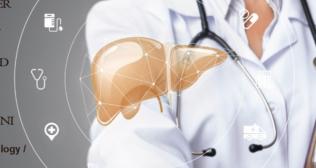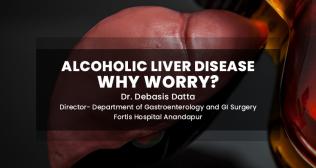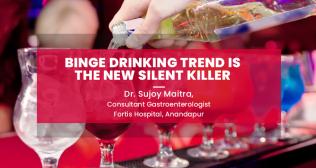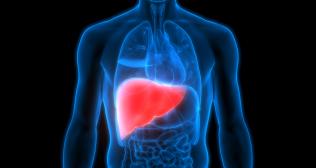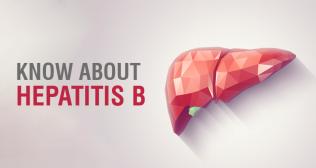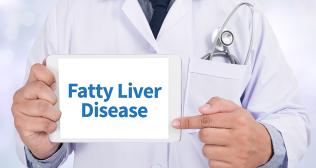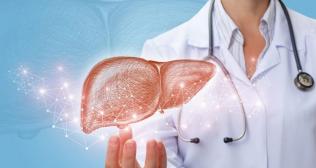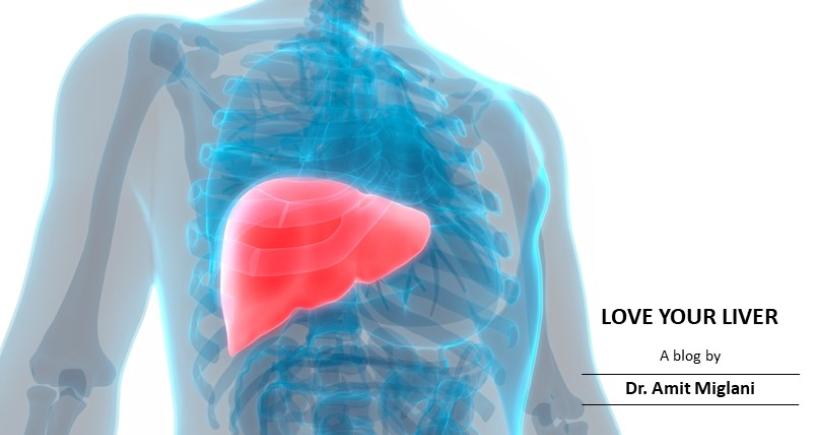
Gastroenterology and Hepatobiliary Sciences
Love Your Liver
Love Your Liver Aug 27, 2019

Liver is one of the most important and amazing organ of our body, but it’s hard to truly love and appreciate it, if we don’t understand it.
It sits on the right-hand side of our abdomen, just below our diaphragm, behind our ribs. It is the largest internal organ in our body and weighs around 1.25-1.5 kilograms. Our liver is responsible for performing more than 500 functions, that are critical for our wellbeing.
Liver is the only organ in the body which has the ability to regenerate itself by creating new tissues. Even if a significant part of the organ is diseased or removed, liver can still function. We just have to love something that is ingenious!
What does our liver do?
- Convert nutrients of the food into energy, hormones and immunity factors (body’s internal chemical power plant)
- Neutralise/destroy poisonous substances and metabolise alcohol
- Breaks down hormones and old blood cells
- Makes, stores and releases sugars and fats
- Produces essential proteins, including blood clotting factors and enzymes
- Aids digestion by releasing bile salts to break down food
- Stores and supplies vitamins, minerals and iron to various parts of the body, where they are needed
What can damage our liver?
Damage to the liver may result from alcohol, hepatitis viruses, poor diet and toxins (from substances such as paracetamol, tobacco and marijuana), as well as some genetic defects and autoimmune disorders. Once damaged, liver requires extra care and can be assisted by limiting or no alcohol consumption and following a nutrition management program.Fatty liver disease, affecting 1 in 10 Indians
A poor diet, unhealthy weight, lack of exercise, high cholesterol, diabetes and heart disease can put one at the risk of developing non-alcoholic fatty liver disease. Affecting 1 in 10 Indians, it is one of the most common cause of liver problems. Fat builds up in the liver cells, when the liver fails to break down, transfer and store fat effectively causing abnormal liver function and inflammation, which can lead to liver scarring (known as cirrhosis).Hepatitis
The term hepatitis means inflammation of the liver. It can develop when the liver is damaged by viruses, alcohol, drugs and over consumption of other toxins. In less common cases, it can be a breakdown in the immune system that sparks the onset of hepatitis.There are five viruses, known to cause hepatitis: hepatitis A, B, C, D and E. The symptoms of all five viruses can be similar and all of them can infect and inflame the liver
How serious is hepatitis?
Hepatitis viruses can lead to an acute or a chronic illness. An acute illness lasts for a short period of time and in severe cases, most people recover from the illness within a few weeks, with no lasting effects. A chronic illness is one that lasts for a long time and often for a lifetime.With chronic hepatitis, the virus reproduces in the liver and can cause liver damage. As more liver cells are damaged and destroyed, scar tissue takes their place – a process known as fibrosis. Severe fibrosis can cause the liver to become hardened, preventing it from functioning normally, this is called cirrhosis of the liver. In a small number of cases, serious damage to the liver can lead to liver failure and liver cancer.
Symptoms of Liver Damage
Many people suffering from Chronic Hepatitis B / Hepatitis C don’t have any symptoms, however, some people may feel Flu. Patients with acute viral hepatitis or decompensated liver disease may have following symptoms:- Discolored skin and eyes that appear yellowish
- Abdominal pain and swelling
- Itchy skin that doesn't seem to go away
- Dark urine color
- Pale stool color
- Bloody or tar-colored stool
- Chronic fatigue
- Nausea
- Loss of appetite
How to shower love to the Liver
Tips for Good Liver Health
Liver works really hard to keep your body healthy and you can keep your liver healthy by making small changes in your lifestyle.Including these top 12 super foods as part of a balanced diet and lifestyle helps maintain a healthy weight, aid digestion and reduce cholesterol – all good news for your liver. These superfoods are Almonds, Oats, Blueberries, Salmon, Soybeans, Yogurt, Broccoli, Kidney beans, Spinach, Pumpkin and Vegetable juice.
People with high cholesterol, high blood pressure, insulin resistance, abdominal obesity or diabetes are at a higher risk of developing liver disease and it is more important for them to eat wisely and manage these conditions. People diagnosed with liver disease may need to manage their protein, salt and fluid intake too – and should seek advice from a doctor or dietitian.
Medical research has established a direct correlation between obesity and the development of fatty liver disease and hence one should keep his/her weight close to ideal weight.
Exercise
Being active is good for in many different ways. It can provide a range of fun experiences, makes the body energetic, improves health and wellbeing, and is a great way to have a healthy lifestyle. Guidelines recommend that adults accumulate 150-300 minutes of moderate intensity physical activity per week to help, keep non-alcoholic fatty liver at bay. These activities can be Walking, cycling, jogging, football, yoga, dancing, gardening and much more. One should seek professional help in case he/she is not clear about the type of exercise suitable for his/her body. We should take out time to engage in a pleasurable activity and this distracts us from worries & stress revitalise and lifts mood, reduce anxiety and depression and even help in achieving a better sleep. Start with gentle exercise and slowly build up to establishing a routine. But don’t overdo it – too much strenuous exercise can have a negative impact – making you feel tired and rundown.Avoid Alcohol / Drink Alcohol in moderation
Here are our top tips to help you limit your alcohol intake:- Switch to low-alcohol or alternate alcohol-free drink with an alcoholic one
- Mix your favourite wine with plain mineral water
- Mix beer or stout with lemonade
- Avoid situations where there is peer pressure to drink in rounds
If one is experiencing difficulty in cutting back, he/she should seek professional help to reduce alcohol intake.
Other measures for Good Liver health
- Avoid taking unnecessary medications. Too many chemicals can harm the liver. Don’t mix medications without the advice of a doctor. Mixing medications could be poisonous to your liver. Never mix alcohol with other drugs and medications.
- Be careful when using aerosol cleaners. The liver has to detoxify what you breathe in. Make sure the room is well ventilated or wear a mask. Bug sprays, paint sprays and all those other chemical sprays you use can cause harm as well. Be careful what you breathe.
- Get vaccinated for Hepatitis A and B and make sure your children are vaccinated as well.
- If you get a tattoo, make sure you only use single needles and ink pots. No sharing! Don’t share personal use items such as combs, razors, and manicure tools. If you have plan for body piercing, make sure that the instruments used, are properly sterilized or fresh ones.
- Use caution and common sense regarding intimate contact – hepatitis can be transmitted through blood.
- Do not smoke.
- Take the right dosage of medication – too much can cause trouble.
Remember liver disease can happen to anyone – from infants to the elderly. Do your part to stay healthy.







